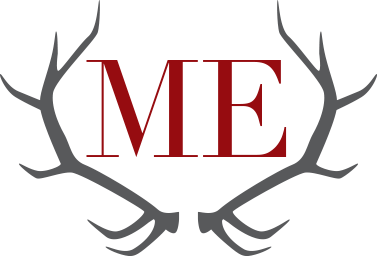It’s a perfect film.
Tension builds between half-glimpsed night-swimming carnage and technical talk of tooth size and bit radius. Our three-headed guide has all the charm of a lawman, a scientist, and a pirate. One of them is softened by a wife and children. The other two are intolerable, even to one another. Picture Brody as the head in the middle, constantly snapped at and bitten by the other two, their barks deafening him. When they finally scent the same foe, their three heads turning as one, the danger only increases. The conclusion is knee-deep gore, savagery in the hunt, explosion.
I can watch it any day. But I first loved it as a book.
I hadn’t yet seen the movie, because I was too young to have seen it in theaters and we didn’t have it on VHS. I remember kids at the beach (and the swimming pool, for that matter) being afraid of the giant shark named JAWS who lurked in any body of water, even if you could see all the way to the bottom.
I was ten years old in 1992, and everything I owned came from a thrift store. Books were easily accumulated there; yellowed and crumbling paperbacks for fifty cents were my bread and butter. I had a college reading level and the tastes of an old white librarian: Stephen King, Somerset Maugham, Daphne DuMaurier. My exposure was narrow but deep. That year I picked up JAWS by Peter Benchley.
The cover was the movie poster; an iconic and symmetrical portrait of dread upon the deep. I expected a creature feature. I thought I’d be stalking the fish that stalked man, a fantasy of monsters that swim even as they sleep.
Benchley surprised me by sketching not the pirate or the monster, but the policeman and the scientist. He created them on a teeter-totter of dislike informed by class hatred and all the built up resentment that exists between men who covet and disdain one another. I felt like I was getting away with something as Hooper maneuvered himself to fuck Brody’s wife. Mrs. Brody has no character of her own; she exists as a place to put a penis and sometimes get babies. Many of the books I read during my formative years treated women like that. I did not recognize it when I was so young. I thought I was a person and they, for some reason, were not. I identified with the people in the story.
In the book, the pursuit of the maneater is complicated by money, and not just bounty money. It’s complicated by the working man’s hatred of a college boy with a lot of fancy computer equipment, when computers had just begun to threaten people’s jobs. It’s complicated by the college boy’s hatred for the men who play keep-away with masculinity just out of his reach, making sure he never feels like anything but their little brother. It’s complicated by the way men compete directly with one another over the bipolar axis of sex and death.
The shark could have been anything. A dragon. Grendel. The leviathan itself. What mattered was that they couldn’t get out of their own way long enough to come together and destroy it. What mattered was character.
JAWS was the first book I ever read that made me understand that most of what goes wrong arises from within us and our inability to communicate, not from any adversary. It provided a masterclass in layered tension and satisfaction within an ending. If you’ve only seen the perfect film, take the plunge.
This series was inspired by the latest round of the endless argument about what constitutes canon, a song of gasbags and bad taste, a newsletter by the unstoppable Sarah Gailey, and a neverending desire to tell people what to read. These books are the Canonical Meg.


